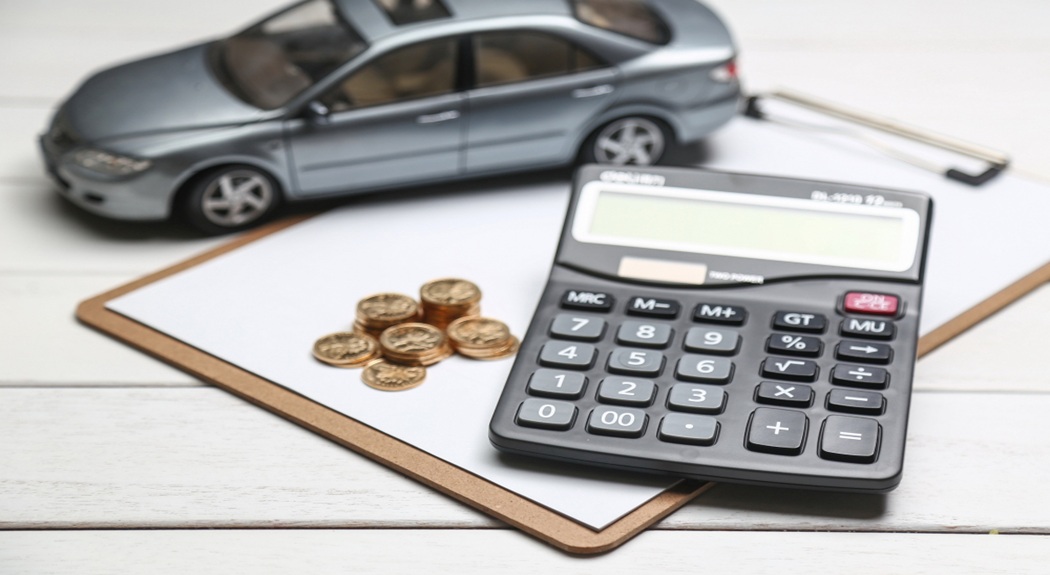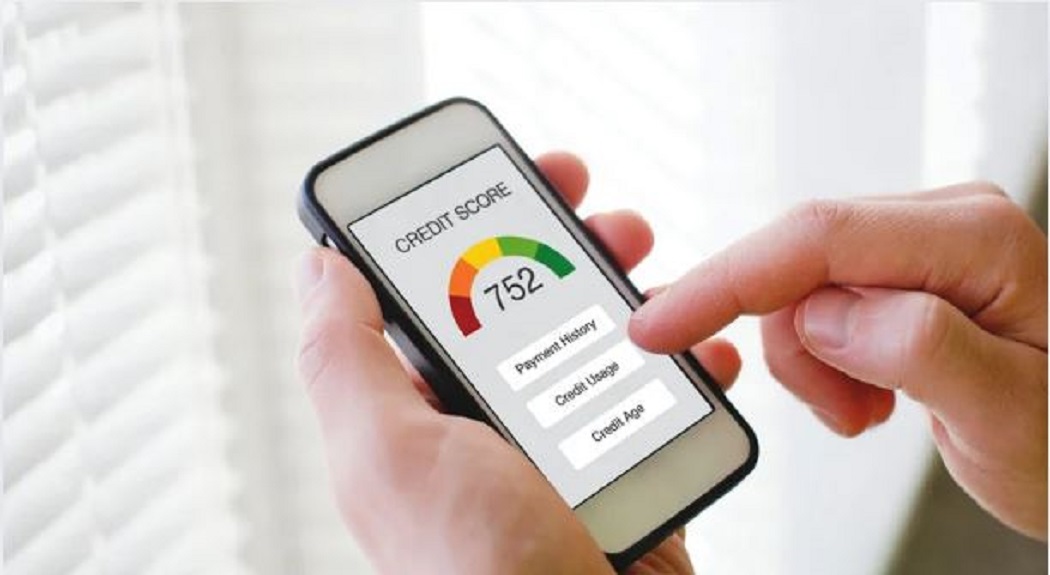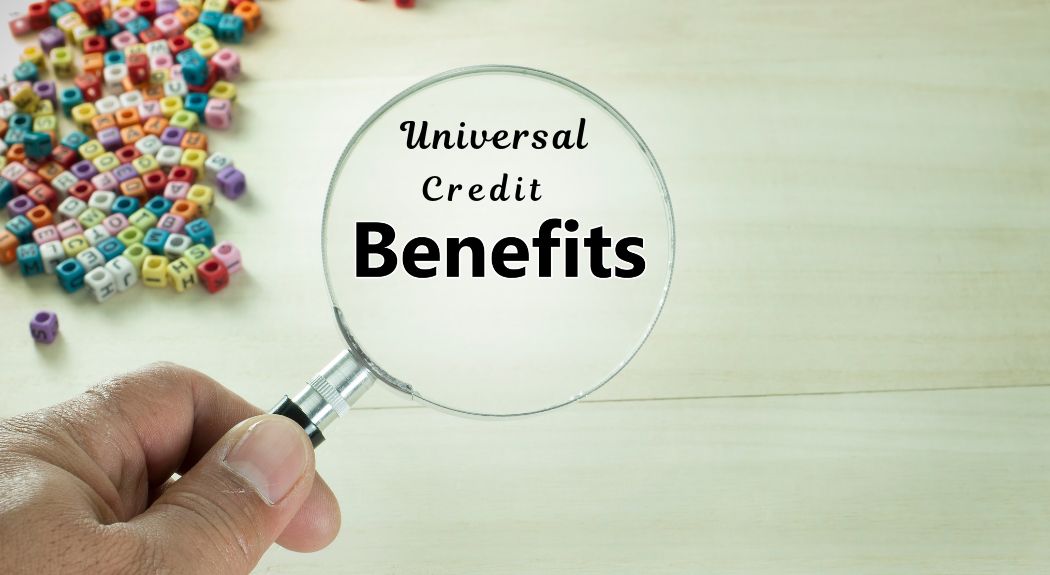Having a poor credit situation during your 30s can affect your finances and personal life in many ways. This decade of the age is quite special as well as challenging. You are now more serious about your finances and career. Now, it is time to work on life goals faster than you did in your 20s.

At this time, your life starts taking shape, your career gets stable, and you, too, are much more mature now. Hence, in that case, if a bad credit situation spoils your plans, there are several ways to work on yourself and your finances.
You need to start over, and for that, it is vital to invest all your efforts. Whether it is about making smart borrowing decisions like no guarantor loans for poor credit or following self-discipline in financial life, don’t delay anymore.
Let’s see how to start over in your 30s if a poor credit score obstructs your growth.
Know the nook and cranny of your finances
Before you make a strategy for revival from a poor credit situation, it is necessary to know about your current financial status. Work on several factors for that.
- Get your credit report to check errors – Take your online credit report from all credit reference agencies. As you know, the major ones are the three agencies. Experian, TransUnion, and Equifax, all these agencies give one free credit report every year. Read the reports carefully, like duplicate accounts, then dispute the error and get it rectified. Improving errors raises your credit score by a few points.
- Understand the reasons for the degradation in credit score – If you want to make things better, you need to work on the causes of a poor credit score. Example – High credit utilisation, missed payments, County Court Judgements or Defaults are usual causes.
Start working on applicable solutions
After reading your credit report, you are not quite clear about the factors that cause a fall in your credit score. Hence, start working on them right away as delay can cost you a lot. You may even lose your job for not working on your payment behaviour.
- Pay off outstanding debts – Make payments of the outstanding debts as soon as possible. Every single day is crucial now. You can try several methods to do that.
- Ask lenders to change your repayment schedule. Several online loan companies like Versityloans offer flexible repayment plans to their borrowers. You can also consider working on the option of loan modification. It is about changing the repayment plan and tenure of the same loan to make the instalments pocket-friendly.
- Give priority to high-interest and high-impact debts. The high-interest debts are credit cards, payday loans, etc. And high-impact debts are County Court Judgments, bankruptcy, or defaults.
Work on credit-building habits
Your efforts to improve past mistakes should combine with new positive habits. Let’s see what those are.
- Get registered on the electoral roll – Your name on the electoral roll makes it easy for the lenders to authenticate your identity. Hence, putting your name on this government document improves your credit score.
- Activate direct debits – Automate your repayments to avoid missing or delaying your debt and bill payments. Just make sure you have a sufficient amount in your bank for the auto-debit of instalments.
- Don’t close your old accounts – Doing so will shorten your credit history, which in turn causes a decline in your credit rating. Unless you have a strong reason to close, such as high annual fees, don’t close the accounts.
Embrace budgeting and track your progress
Self-discipline and strong budgeting skills can bring a considerably promising change in your financial life. Starting over needs big changes in money management and spending habits. The following tips will help you.
- Track spending – You should know where you are spending your money. Mindless spending is like financial suicide for those struggling with a poor credit situation.
- Learn to prioritise and differentiate between needs and desires. Study your daily lifestyle habits and learn whether paying the electricity bill is more important than eating outside.
- Create an emergency fund – Yes, you tried it many times, but couldn’t work on it consistently. But this time, start it with a stronger conviction. Contribute a fixed part of your income to your emergency fund without getting driven by any temptation to spend on instant pleasures.
- Monitor your progress – Are your efforts moving in the right direction? Keep studying your finances and the effect of the latest steps taken. It helps you decide the future course of action with more clarity.
Borrow smartly if you actually feel the need
Firstly, you should always try to avoid taking a loan. However, in case of an emergency, it is wise to take a loan. Especially in the case of a poor credit score, few loan products help you improve your credit score with affordable repayments.
- Avoid high-cost loans and debts – Yes, you need to be cautious while taking a debt in your name. Credit cards and personal loans support you during financial emergencies. But in case of a poor credit situation, avoid taking such debts.
Missed or skipped repayments cost you a lot. Especially in the case of credit cards, the compounding interest increases faster than you can imagine. Hefty repayments get bigger every month due to added interest. Hence, avoid such debts as much as possible.
- Check affordability before applying – With a poor credit situation, you can’t afford to have multiple search footprints on your credit report. Every search brings your credit score down several points. Hence, before you apply, always use a free eligibility checker that requires no hard search. Example – if you need an unsecured loan, check affordability using an unsecured loan in the UK with no credit check. You will get to know the amount you can qualify for with the approximate interest rate and repayment tenure. It is a better approach to borrow responsibly.
Responsible borrowing behaviour is vital to recover from a bad credit situation. Always apply for an amount you can afford to repay conveniently. Even if you have the ability to repay a bigger amount, apply for the money you actually need.
Conclusion
The above methods and information will surely help you get back to a normal life of financial stability. However, your efforts can give the desired results only when you are consistent. Whether it is about creating an emergency fund or making timely repayments, just stay consistent. Soon your 30s will be stress-free, and your coming 40s will be prosperous and stable.









